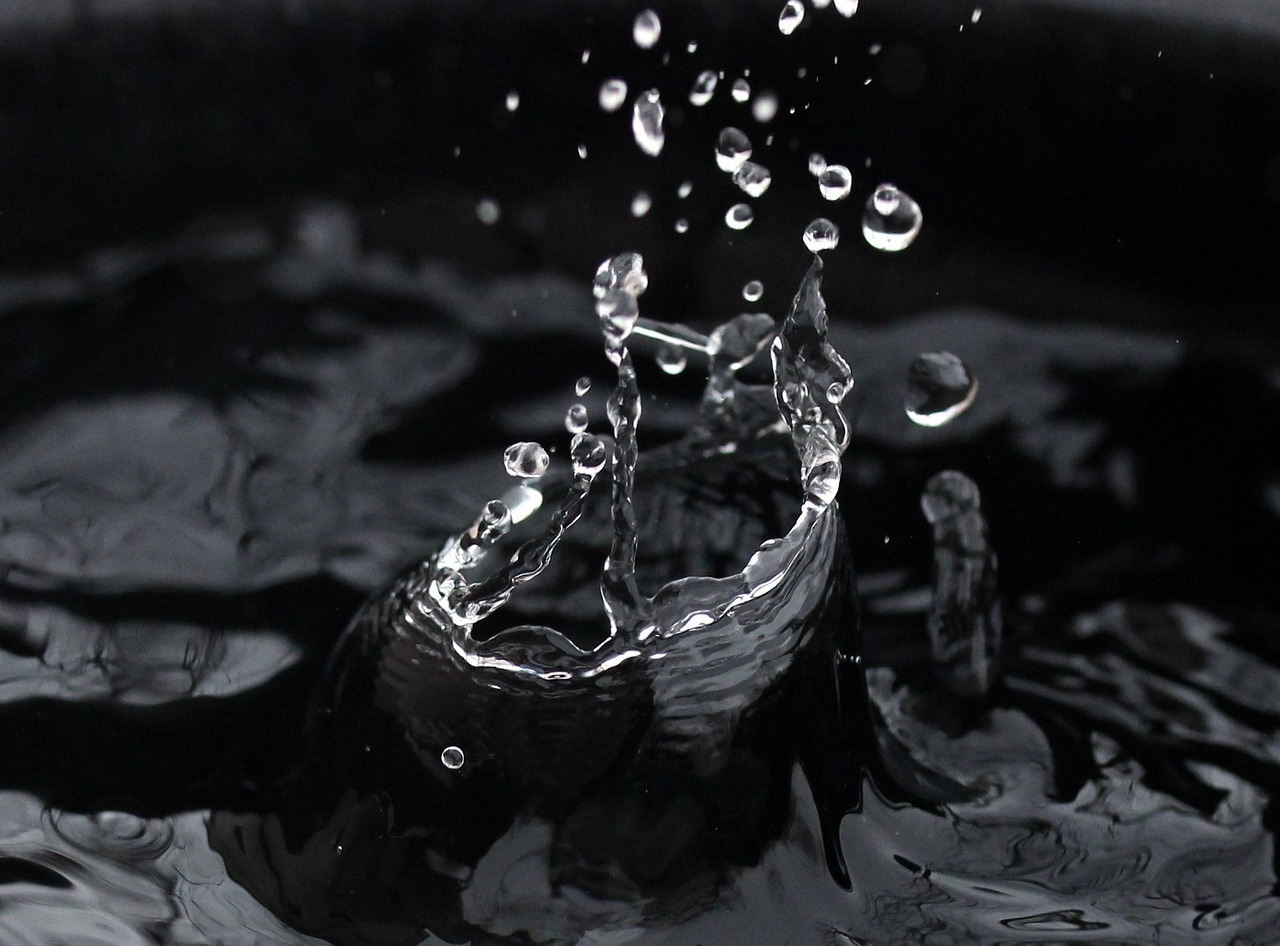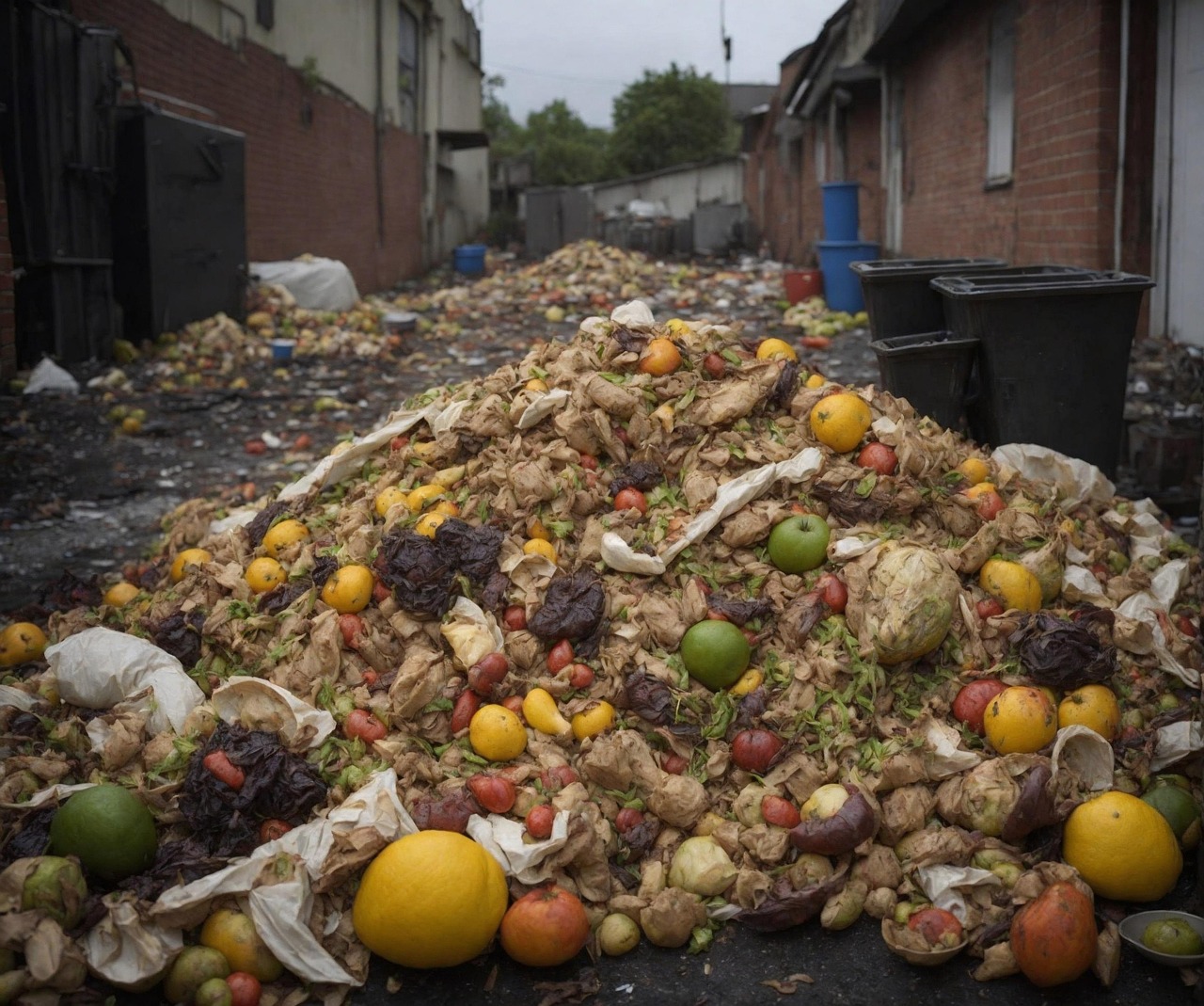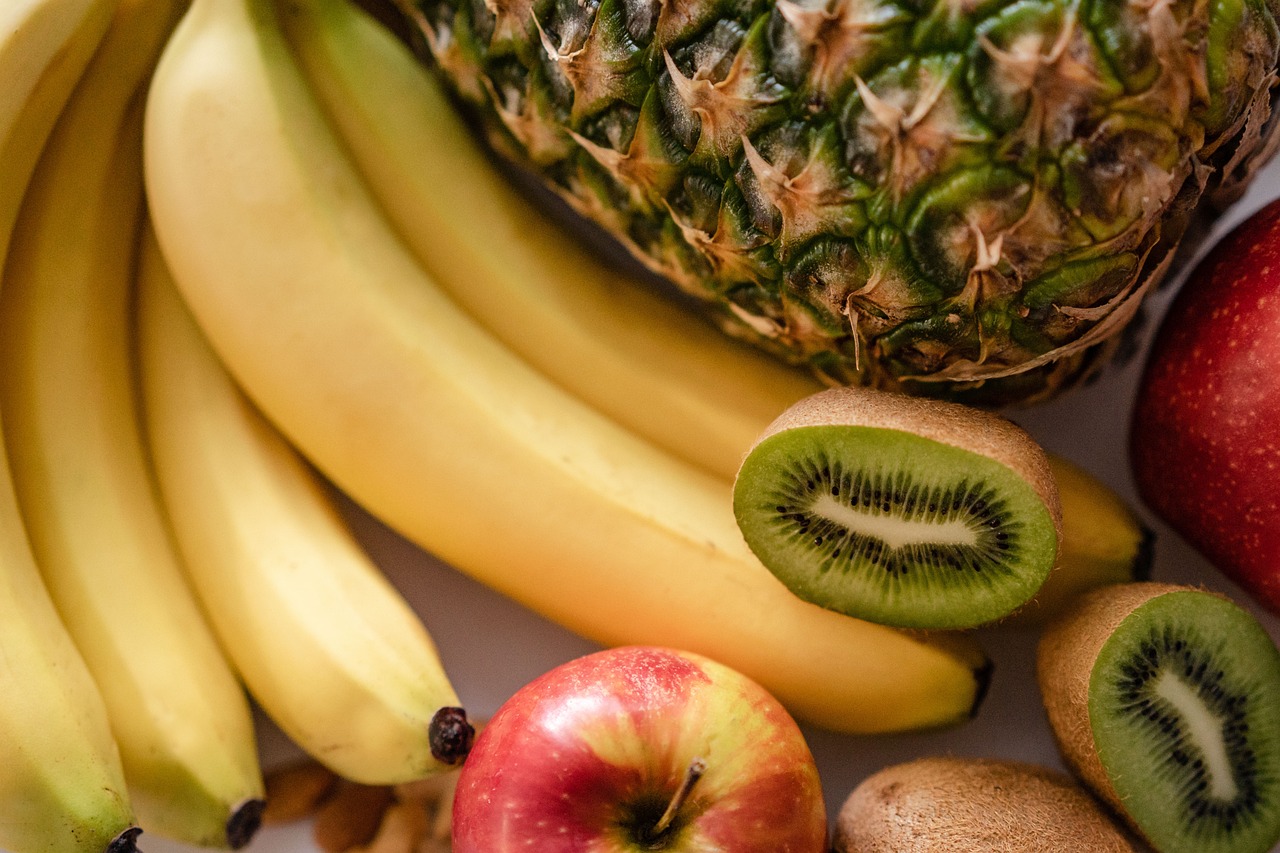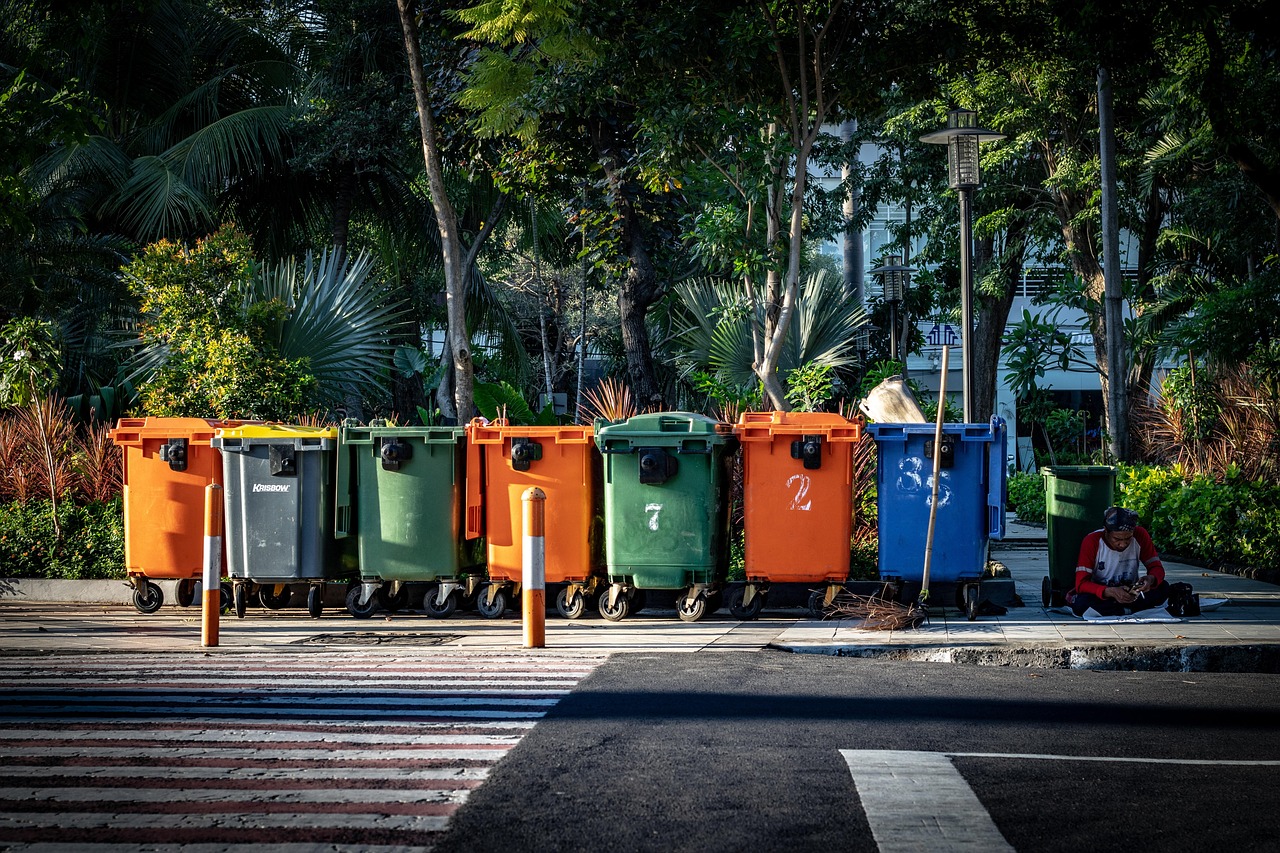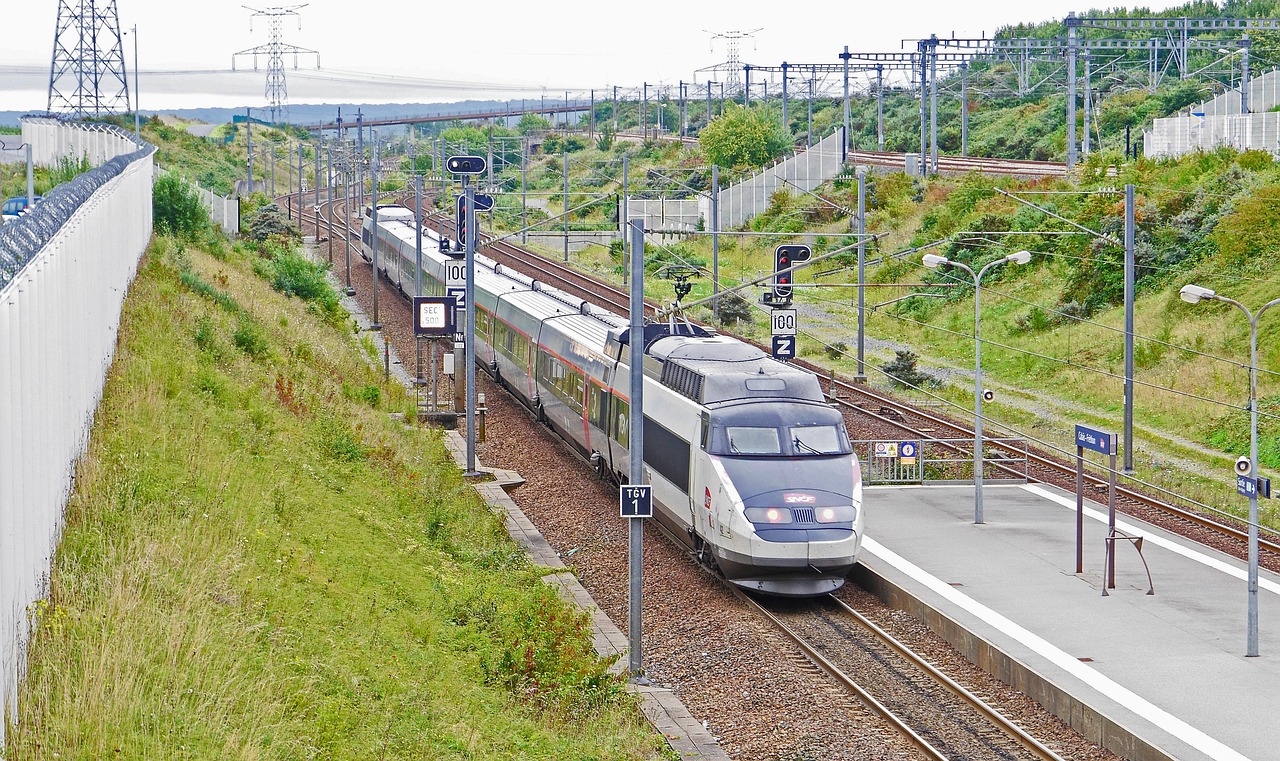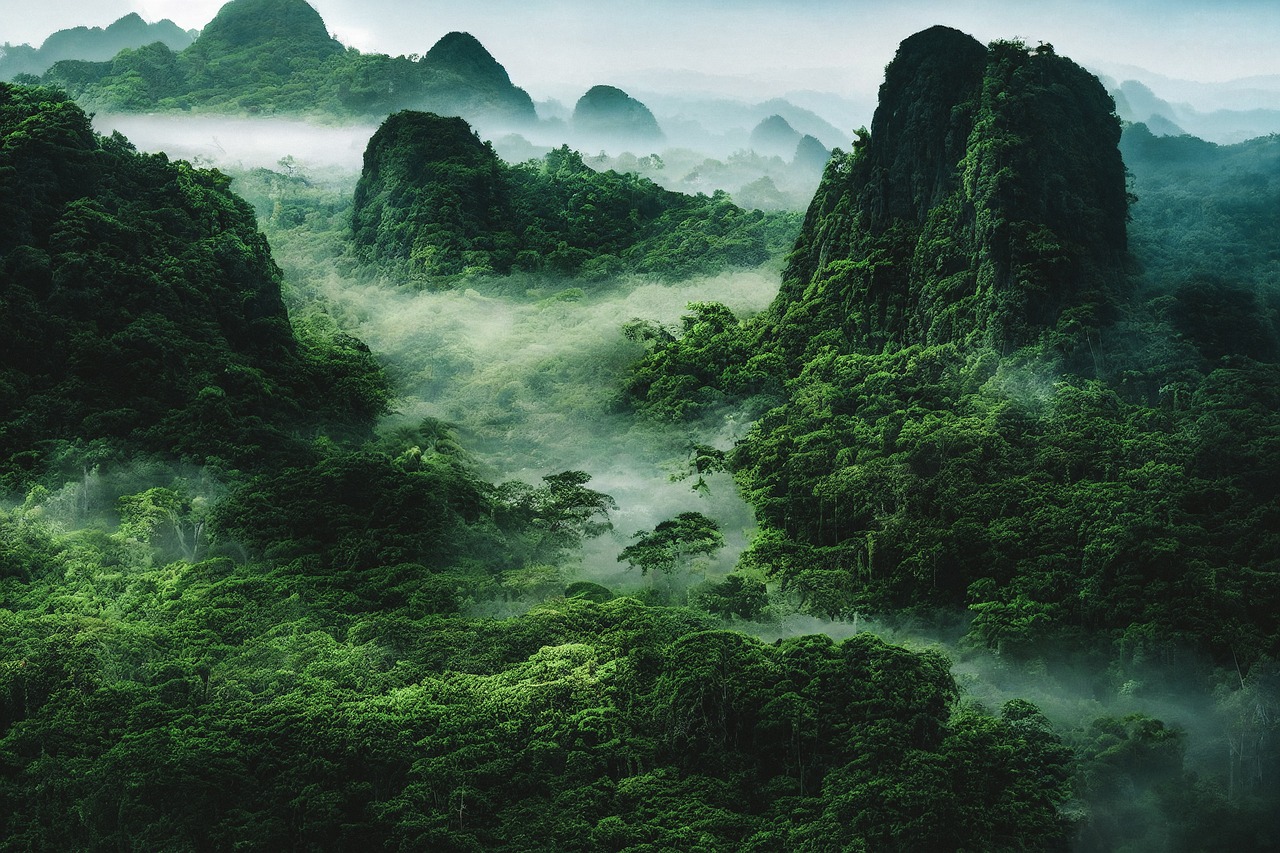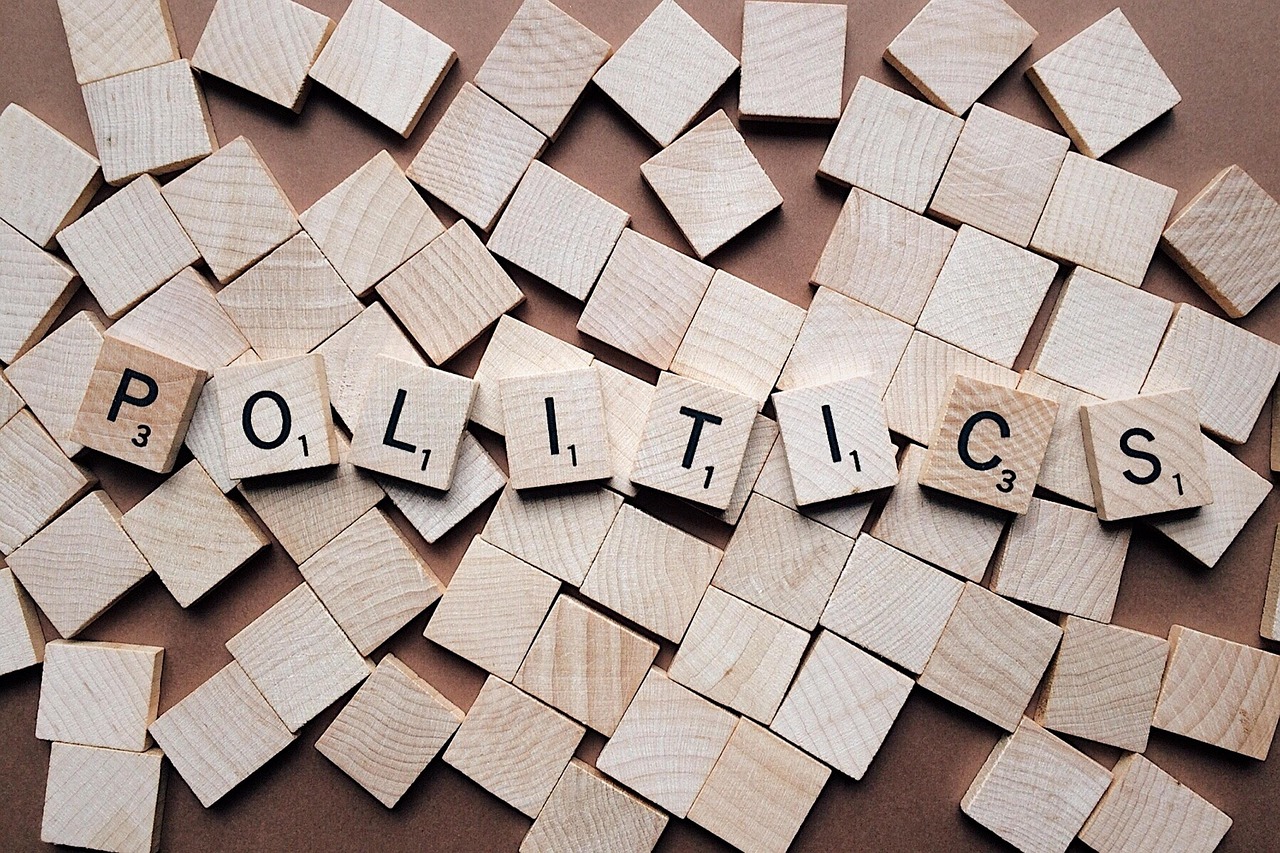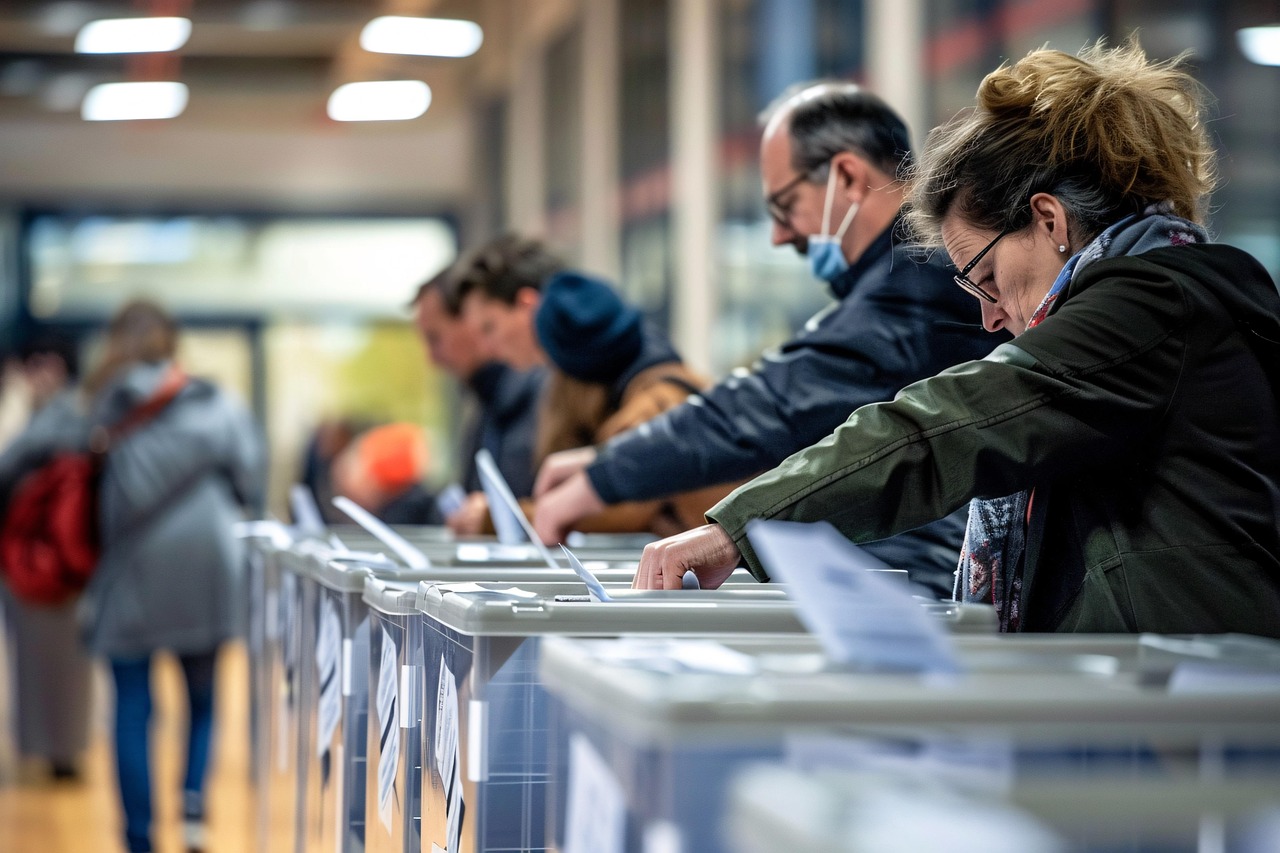Tag: lifesytle
-
It is not obvious how our water use at home contributes to our carbon footprint. Our use of water contributes to our carbon footprint in a few ways: it needs to be treated and transported to us and then heated when we want hot water. All of this requires energy and adds to our carbon…
-
The food wasted globally is staggering. Despite that we make 5000 calories per person, when we only need 2500 calories, 733 million people go hungry everyday and nearly 3 billion people cannot afford a healthy diet. Globally, 25-30% of food is lost or wasted from farm to the household to landfill and it is estimated…
-
There are a huge number of reasons to adopt a plant-based diet. Not only is it good for the planet and saves you money, but it also improves your health significantly. This is the diet backed by evidence from research centres around the world, such as the Harvard Medical School, and the verdict of such…
-
Here is a list of books which have been a source of inspiration for this blog. They burst myths, make it easy to understand how our choices impact our carbon footprint and provide good tips of how to properly cut our carbon emissions. These books are written by experts in this field, with their suggestions…
-
Lonely Planet has written a brilliant book ‘Flight-free Europe’ about how to explore Europe using low carbon routes. They suggest 80 itineraries where you can visit numerous countries within a week or two using mainly train, but also boat, cycling and walking routes. They recommend that to make this type of trip successful, you should…
-
There is a way of reducing your carbon footprint by producing negative carbon emissions from your activities. The best way to do this is by planting a tree. It is not enough to reduce our carbon footprint; we need to remove carbon dioxide from the environment as well. Deforestation contributes 12-20% to carbon emissions each…
-
The average household spends £1850 on energy bills each year. This equates to £154 a month. However, the Energy Saving Trust gives lots of tips that can help us to reduce our bills by £352 a year for the typical household and will reduce you carbon footprint by at least half a ton a year.…
-
Another day goes by and yet another ill-intentioned politician is attacking the concept of Net Zero. Tony Blair said we need to rethink the concept because it is ‘doomed to fail’ because people in rich countries don’t want to make financial sacrifices which they think will have minimal impact. This website was set up to…
-
Local elections are coming up in Britain on the 1st May and there have been increasing attacks on the idea of ‘net zero’ from some political parties. The idea of net zero and climate change is being characterised as left-wing, expensive and pointless. The truth is climate change and the race to get to net…
